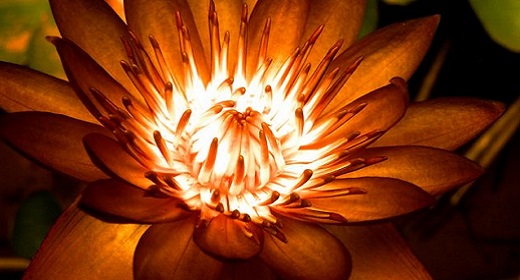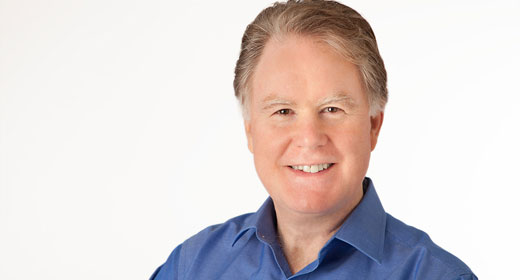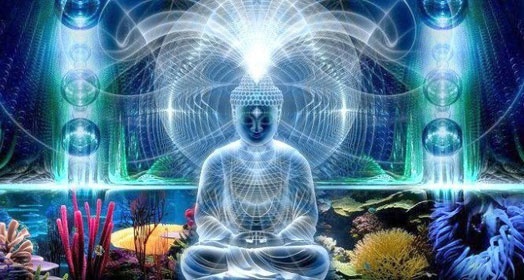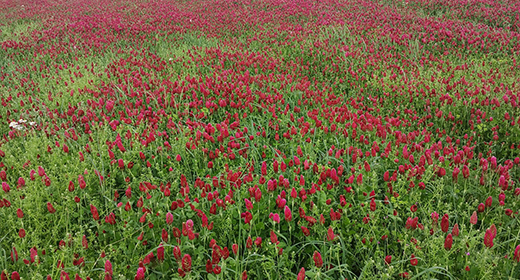by Jack Adam Webber: A rich inner life requires us to be energetically empty inside…

By this I mean that we have cleared our heart of enough pain to blossom inwardly. This way we aren’t hauling around significant emotional baggage from unmet childhood needs and unreckoned repeats of these traumas into adulthood.
To become inwardly rich is therefore an initiation to adulthood. It is to take responsibility for our inner lives: to be be filled with wisdom, kindness, passion, excitement, and to generously share our gifts with the world. Having a largely clear heart is crucial for such a life. In most cases, a clear heart also requires, to varying degrees, a good mind. And to a lesser degree, an able body.
Contrast a rich inner life to what is commonly valued as a rich outer life. On the material plane, wealth is often measured by the quantity of things and money we possess. Inwardly, however, richness is measured by an absence of stuff that clutters our hearts and impedes our psycho-spiritual resources.
Burdened By Excess
Burdening ourselves with outer richness for its own sake hampers our enjoyment of life’s simple gifts, such as nature and the ability to give and receive love. Indeed, when we don’t clear our pain, we don’t maximize our inner treasures, and often try to find fulfillment outwardly. But this doesn’t work and instead we just weigh and clutter ourselves more and more.
Less obvious is that it takes a heart healed of significant pain to enjoy the benefits of our possessions. People with lots of money are often so stressed, distracted, and avoidant of facing their insides they don’t know how to enjoy what they have. What outward wealth they might have often ends up serving largely to avoid facing their insides. For if our inner psychic space is cluttered with pain and poor values, enjoyment can’t deeply enter us, and we remain unfulfilled. We see then, that regardless of what we possess—rags or riches—inner work is needed to feel fulfilled.
Outward richness is a literal attainment. Inward richness is a poetic or paradoxical attainment because it necessitates letting go in order to create empty, vital space, especially the space to receive and feel gratitude. We often can’t receive both because of an inner sense of worthlessness and addiction to a life of busyness without self-care. The Nourish Practice is great way to take a break, learn to receive, cultivate self-love, and find inner richness.
Our culture is not so good at letting go, breaking down, or dying. We are largely concerned with getting and accumulating. While we need certain things for basic survival and a modicum of comfort, we don’t need what numbs and burdens our hearts. Enough money is a boon; it becomes a problem when we get addicted to accumulating it at the expense of being of service, sharing the best parts of ourselves, experiencing awe and wonder, and sharing intimate time with friends and family. “Money won’t make you happy, but it can make you happier,” I like to say.
Facing Ourselves
Many live burdened with hidden guilt, shame, and remorse for having lied and cheated to get to a prominent place of outer power. To continue to act coldly and cruelly to maintain or “improve” their position and numb awareness of the bad they have committed, is to live with the most awful of burdens and pain. I would call it torture, which explains why such folks have difficulty facing themselves and end up acting cruelly in ways we can’t believe. They cannot rest in themselves in frank emptiness because in that quietness they also would have to face the facts of their actions and deeds, which might disgust them to the point of insanity. So, they end up living and acting insanely.
This is how we create an insane culture: living superficially, stuffing ourselves with things, distractions, and addictions, as we try to fill inside what must be left vibrantly empty. This emptiness is made possible by leading a simple (but not dull or diminished) life, grieving our pain, finding a way to creatively give, and building supportive community.
When we don’t do this inner work, which includes shadow work, we usually don’t have the clear space or the comfort to rest deeply in ourselves to appreciate what we have. So is born and bred the modern-day corporate sociopath, or the everyday person unconscious of their inner detritus and therefore, their beauty and unique gifts.
Poetic Paradox
To create a rich inner life, we have to appreciate paradox, or the pursuit of one thing to achieve its opposite. An inwardly rich, paradoxical living requires that we embrace the dark side of life, because darkness creates the fertility of the psyche (letting go in order to grow and renew) that is necessary to heal and dissolve the conglomerations of physical, and especially emotional, pain that burden our body-mind-heart.
Understanding that to achieve inner fullness we must effect emptiness seems contradictory. In reality, this sort of paradoxical achievement is not grasped by many, which is why most live an inwardly impoverished life. They confuse literal, outer achievement with the poetic and paradoxical way of inner growth. Therefore, when we apply outer attainment—the getting of stuff—to the inner life, we get problems. We get congestion, lack of passion, and dimmed vitality.
We cannot attain or capture love, empathy, compassion, and creativity. If we try to, we block them. Instead, we have to allow them to rise in us, to create ripe conditions for their presence. For them to rise and flourish, we have to be clear inside. When we unilaterally accumulate without also inwardly clearing ourselves of pain, we clutter our insides and impede joy from rising out of us and love from entering.
Outer Simplicity, Inner Richness
So, balance is crucial. Without outer resources we can be crippled in our inner healing. Yet, without inner healing to clear and integrate our love wounds, we cannot appreciate life’s simple beauties. Therefore, and especially to balance modern culture’s hell-bent fixation on consuming and devouring everything in sight, a wise way to go is to keep outer acquisitions to a minimum, at least until we develop ourselves inwardly significantly.
In other words, we consciously choose soul over superfluous superficiality. We keep it outwardly simple enough to enjoy the fruits of inner richness, which in essence begins with a sense of awe and fulfillment with the gifts of natural world and love of family, pets, and friends. Notice, this approach happens to coincide with being a sustainable, Earth-revering person as opposed to an addicted, heart-burdened, and over-consuming glutton. Especially in our age of climate change, less is more, if only to help us survive into the future.









































